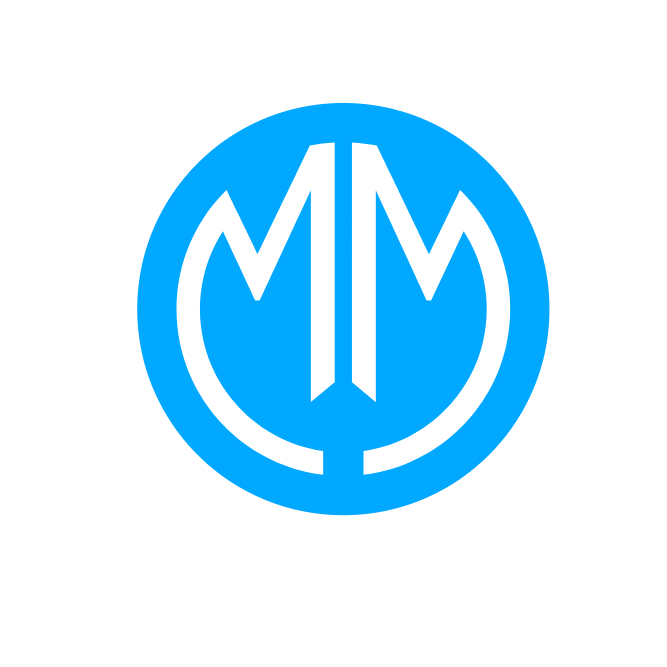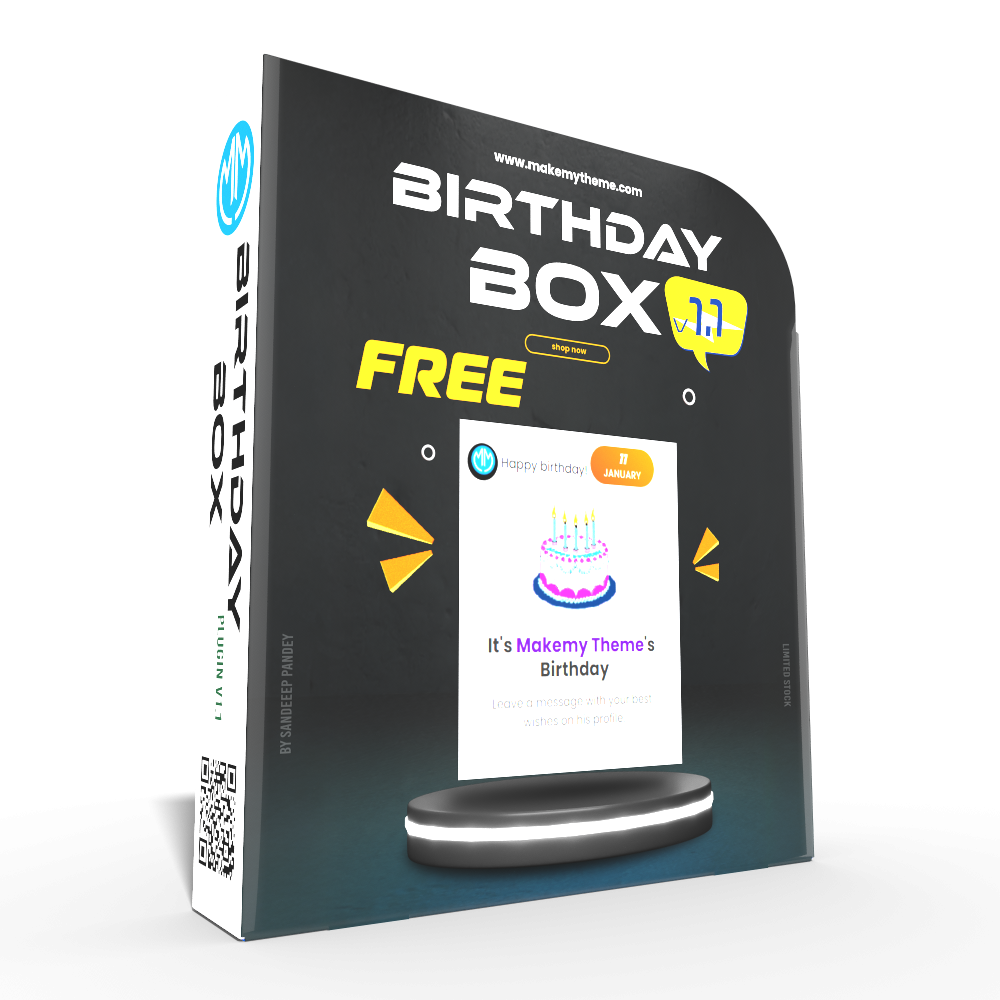Creating a Content Calendar for Your Sngine Community

A well-structured content calendar is the backbone of any thriving online community. For Sngine-powered platforms, where user engagement is the key to success, a content calendar ensures consistent activity, meaningful conversations, and an organized approach to campaigns. Whether you’re managing a niche community or a broad social networking site, planning posts, events, and campaigns in advance can keep users coming back for more.
In this article, we’ll explore the importance of content calendars, how to build one for your Sngine platform, and strategies to maximize engagement. Real-world examples and actionable tips will guide you in crafting a calendar that resonates with your community’s interests and goals.
What is a Content Calendar and Why Do You Need One?
A content calendar is a schedule that outlines what content you’ll publish, when you’ll publish it, and where it will appear. It can be as simple as a spreadsheet or as sophisticated as a dedicated project management tool.
Key Benefits:
- Consistency: Posting regularly keeps your community active and engaged.
- Organization: Avoid last-minute scrambles by planning campaigns and posts in advance.
- Alignment: Ensure content aligns with your platform’s goals, such as increasing user sign-ups, promoting features, or driving monetization.
- Tracking Trends: Leverage seasonal trends, holidays, and events to connect with users.
- Improved Quality: Planning gives you time to create well-thought-out and polished content.
Example: A Sngine community for fitness enthusiasts might plan posts around New Year resolutions in December and workout challenges in January to capitalize on seasonal trends.
Step 1: Understand Your Community
Before creating a content calendar, it’s vital to understand your audience. What motivates them? What content do they enjoy? Use Sngine’s built-in analytics tools to gather insights on user activity and preferences.
Questions to Ask:
- What topics generate the most engagement on your platform?
- Are users more active on certain days or times?
- Which types of content (posts, polls, events) perform best?
Example: A community for digital marketers might notice high engagement on weekdays during business hours. They can schedule industry news posts in the morning and interactive polls in the afternoon.
Step 2: Define Your Goals
Your content calendar should align with your community’s objectives. Common goals include:
- Increasing user engagement
- Promoting premium features or monetized content
- Driving traffic to specific groups or events
- Building brand loyalty
Goal-Oriented Content Ideas:
- If your goal is to increase engagement, plan interactive content like polls, contests, and Q&A sessions.
- To drive traffic to premium groups, share teasers of exclusive content with call-to-action posts encouraging sign-ups.
Step 3: Choose Your Content Types
A diverse mix of content keeps your community interested. Here are some ideas tailored for Sngine platforms:
- Posts: Share updates, news, and announcements.
- Polls and Surveys: Get feedback or spark conversations.
- Events: Promote community events or webinars.
- Videos and Livestreams: Showcase tutorials, interviews, or behind-the-scenes footage.
- User-Generated Content (UGC): Encourage members to share their own stories, photos, or ideas.
Pro Tip: Highlight top contributors in your community to foster a sense of belonging.
Step 4: Build the Calendar
Tools to Use:
- Spreadsheets: Simple and effective for beginners.
- Sngine Admin Panel: Use the scheduling feature for posts and announcements.
- Project Management Tools: Tools like Trello or Asana can help organize larger campaigns.
Key Elements to Include:
- Date and Time
- Content Type
- Target Audience
- Platforms (e.g., groups, events, forums)
- Assigned Creator or Moderator
- Status (e.g., draft, scheduled, published)
Example Calendar for a Tech Enthusiast Community:
| Date | Content Type | Topic | Group | Status |
|---|---|---|---|---|
| March 1 | Post | "Latest Tech News" | General Forum | Scheduled |
| March 3 | Poll | "Best Coding Tool?" | Developer Group | Scheduled |
| March 5 | Event | "Live Webinar: AI" | Tech Events | Draft |
Step 5: Promote and Engage
Publishing content is only half the battle. To build an engaged community, actively promote your posts and interact with users.
Engagement Strategies:
- Respond to comments promptly.
- Highlight top posts in weekly roundups.
- Use push notifications to alert users of new content.
- Share posts across other social media platforms.
Example: A Sngine marketplace community could run a weekly “Featured Seller” spotlight to encourage seller activity and attract buyers.
Step 6: Monitor and Adjust
A content calendar isn’t set in stone. Regularly review performance metrics to understand what’s working and adjust your strategy accordingly.
Metrics to Track:
- Post Engagement: Likes, comments, and shares.
- Traffic: Page views and clicks on links.
- Conversion: Sign-ups or purchases driven by content.
Example: If event posts consistently outperform others, consider organizing more virtual events to keep users engaged.
Real-World Success Story
Name: Glossier Community Focus: Beauty enthusiasts Strategy: Glossier, a beauty brand, leverages its online community to test and promote new products. They use a structured content calendar to plan product launches, tutorials, and user-generated content campaigns. The result? A highly engaged audience and rapid growth.
How You Can Apply This: Use a similar approach to introduce new features or premium groups on your Sngine platform.
Tips for Maintaining Your Calendar
- Plan Ahead: Schedule content at least a month in advance.
- Be Flexible: Leave room for last-minute updates or trending topics.
- Collaborate: Involve moderators or top contributors in planning.
- Stay Consistent: Post regularly, even during off-seasons.
Conclusion
A well-maintained content calendar is the key to fostering an engaged and loyal community on your Sngine platform. By planning diverse, goal-oriented content and actively engaging with your audience, you can create a vibrant online space where users feel valued and connected.
Start small, analyze what works, and refine your strategy over time. Your Sngine community is a reflection of your efforts—make it count!
- Начало работы
- Customization and Themes
- Plugins and Extensions
- SEO and Marketing
- Web Hosting and Performance
- Monetization and Business
- Community Building
- E-commerce and Marketplace
- Security and Privacy
- Development and Coding
- Bug Reports and Fixes
- Hosting Reviews
- Success Stories
- FAQs and Guides
- Feature Requests
- Social Media Integration
- Event Management
- Analytics and Reporting
- Collaborative Projects
- Sngine Updates and News
- Theater
- Wellness



